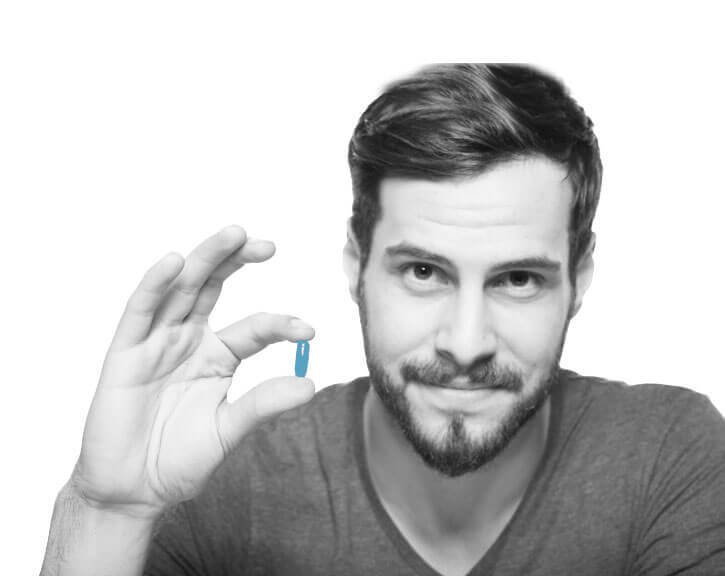PREVENTION
PEP or Post-exposure prophylaxis involves taking HIV medicines very soon after a possible exposure to HIV to prevent becoming infected. PEP is intended for emergency situations. It is not meant for regular use by people who may be exposed to HIV frequently.
Who should consider taking PEP?
PEP might be prescribed for you if you are HIV negative or don’t know your HIV status, and in the last 72 hours you:
• Think you may have been exposed to HIV during sex
• Shared needles or drug preparation equipment (“works”)
• Were sexually assaulted
In addition, PEP may be prescribed for a health care worker following a possible exposure to HIV at work, for example, from a needle stick injury.
What should I do if I think I was recently exposed to HIV?
If you think you were recently exposed to HIV, contact your health care provider immediately or go to an emergency room right away. Your health care provider or emergency room doctor will help to decide whether you should receive PEP.
When should PEP be started?
PEP must be started within 72 hours (3 days) after a possible exposure to HIV. The sooner you start PEP after a possible HIV exposure, the better. According to research, PEP will most likely not prevent HIV infection if it is started later than 72 hours after a person is exposed to HIV.
How long is PEP taken for?
PEP involves taking HIV medicines every day for 28 days. You will need to return to your health care provider at certain times while taking PEP and after you finish taking PEP for HIV testing and other tests.


